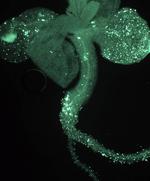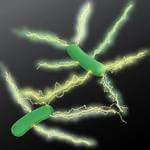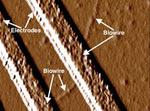Other

“An interdisciplinary team of scientists at the University of Massachusetts Amherst has produced a new class of electronic materials that may lead to a “green,” more sustainable future in biomedical and environmental sensing, say research leaders microbiologist Derek Lovley and …

“An international collaboration of plant researchers this week reports yet another newly discovered role for the versatile receptor kinase, FERONIA, in the model plant Arabidopsis. The researchers say it acts as a sensor in the plant cell wall to help …
News UMass Amherst Chemical Engineers Develop Green, Non-Toxic Nanofiber Fabrics for a Wide Range of Uses

“AMHERST, Mass. – Chemical engineers Jessica Schiffman and Sarah Perry at the University of Massachusetts Amherst have developed nanofiber fabrics that are green and non-toxic that can be used in medical, environmental, personal care and food packaging applications. The research is …

“Microbiologists at the University of Massachusetts Amherst report that they have discovered a new type of natural wire produced by bacteria that could greatly accelerate the researchers’ goal of developing sustainable “green” conducting materials for the electronics industry. The study …

“Scientists at the University of Massachusetts Amherst report in the current issue of Small that they have genetically designed a new strain of bacteria that spins out extremely thin and highly conductive wires made up solely of non-toxic, natural amino …
